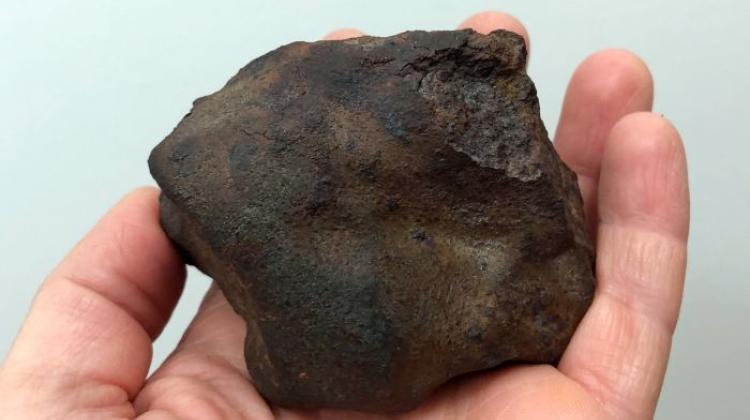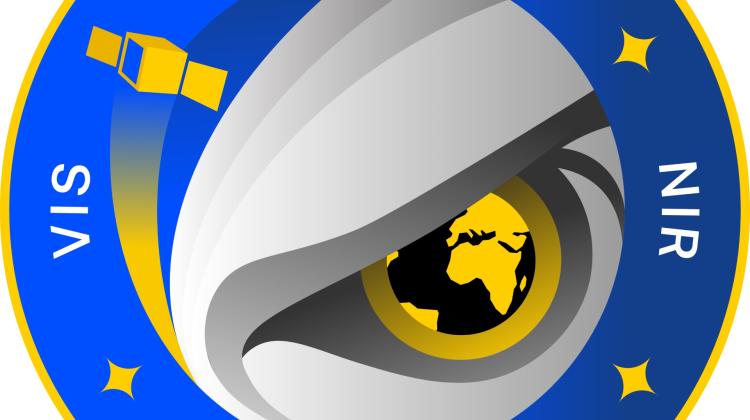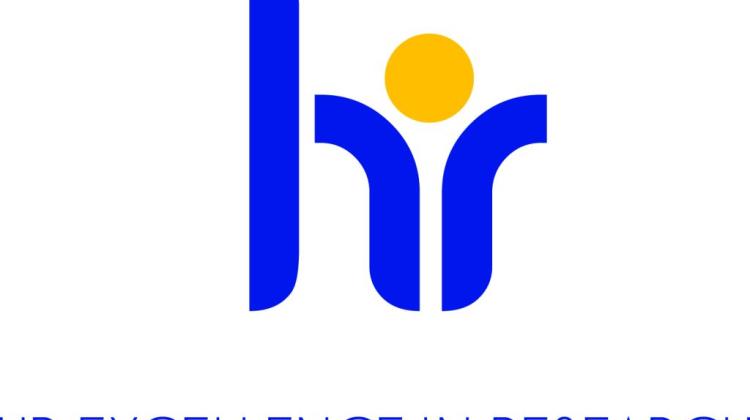Five Polish institutions will develop the European navigation system
 Photo: Fotolia
Photo: Fotolia
Four Polish companies and one research institution received grants for the development of satellite navigation in Horizon 2020 competitions closed in 2014. "The EC has allocated over 6 billion euros for the construction of the Galileo program by 2020" - space technology expert told PAP.
Galileo is the European satellite navigation system, which is to be an alternative or supplement to the US Global Positioning System (GPS) and the Russian GLONASS. It is also the name of one of the competition thematic areas in the framework programme Horizon 2020.
In 2014, 105 ideas for the development and use of the European satellite navigation system from all over Europe were submitted. More than three-quarters of them were rejected. Grants were awarded to four Polish firms and one research institution.
This means that one in five projects, which the European Commission will finance in this area will be carried out with their participation. "It gives us a good chance for the development of satellite technologies, especially that by the end of the current financial perspective, the European Commission is planning to spend more than 6 billion euros on the construction of the Galileo program - the flagship program of the EU" - emphasised in an interview with PAP Piotr Świerczyński, space technology expert from the National Contact Point (NCP) for the Horizon 2020 framework programme.
Funding will benefit, among others, the Warsaw company Astri Polska (approx. 125 thousand euros), which offers satellite images and object visualisation tools. The company will provide training on Galileo for scientific institutions and companies. Elproma Electronics from Łomianki (325 thousand euros) will take part in the project, whose aim is to use the Galileo system for precise measurement of time. Institute of Geodesy and Cartography (128 thousand euros) will prepare a comprehensive tool to improve transport and logistics in Europe. Among the beneficiaries of the competition is also Gdańsk equity fund Black Pearls. With EU money (approx. 188 thousand euros) it will support the development of 10 Polish companies working on the development of the European satellite navigation system Galileo. Another Gdańsk company, Blue Dot Solutions (approx. 31 thousand euros), will support the project concerning the use of this system in civil aviation.
"Space technologies have become a Polish specialty, especially when we look at the results of the first Horizon 2020 competitions. Our success rate (ratio of funded to submitted applications - PAP) in competitions closed in 2014 is highest in space technologies. It amounted to 20 percent, although of course we are counting on more. The biggest success in financing projects was obtained in the part concerning the Galileo program" - emphasised Świerczyński.
According to Świerczyński, several companies will also receive funding in 2015. In November they will sign grant agreements with the European Commission. "Our potential in the field of space technology continues to grow. Polish accession to the European Space Agency was important, it led to the emergence of many new companies in Poland, including those with foreign capital" - he noted.
To obtain funding from Horizon 2020 programme, it is necessary to have a great idea and suitable partners. The main requirement in most Horizon 2020 competitions is building an international consortium. "The minimum is three partners from three EU countries. However, as a rule in the projects there are 7, 15 and sometimes even 30 partners" - said Piotr Świerczyński.
The National Contact Point for the Horizon 2020 framework programme organizes free information and brokerage sessions, during which prospective applicants for Horizon 2020 grants can learn how to prepare a good application, how to plan a budget and find suitable partners in Europe.
One of such meetings - with the participation of representatives of the European Commission and the European Space Agency - was held last week at Warsaw\'s Copernicus Science Centre. The NCP organizes similar meetings and information days organized in various Polish cities; they cover a variety of subjects. "You have to remember that Horizon 2020 programme does not only finance space technology. There is research in areas including food, health, transport, materials, new technologies, mobile technologies" - noted Świerczyński.
The schedule of free informational and brokerage meetings is available on the NCP website: www.kpk.gov.pl/
PAP - Science and Scholarship in Poland
ekr/ mki/ mrt/
tr. RL
Przed dodaniem komentarza prosimy o zapoznanie z Regulaminem forum serwisu Nauka w Polsce.


















